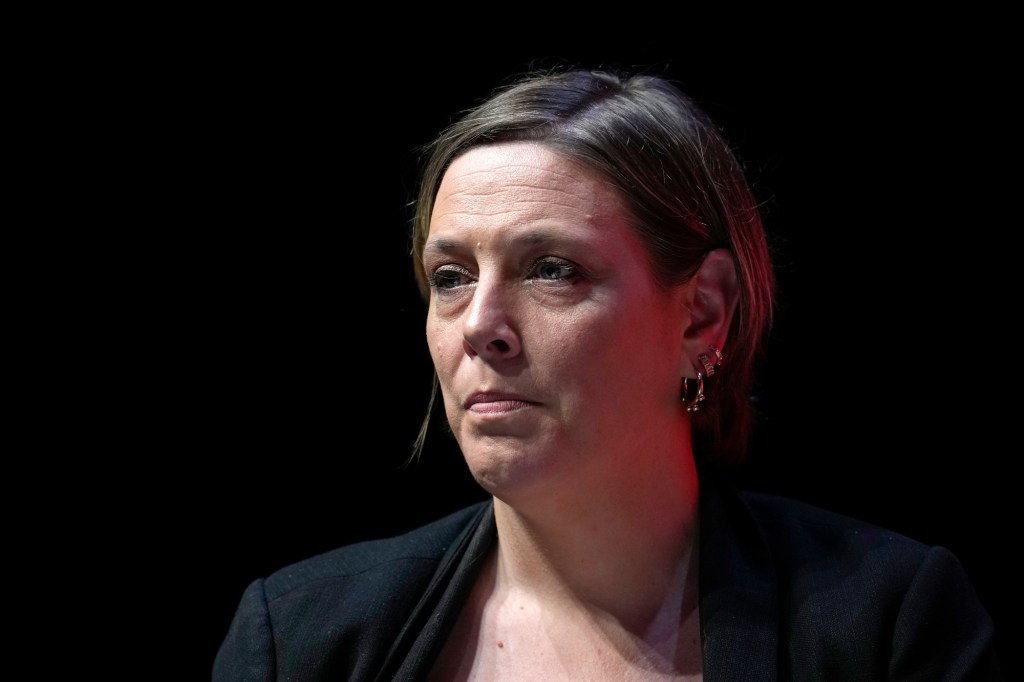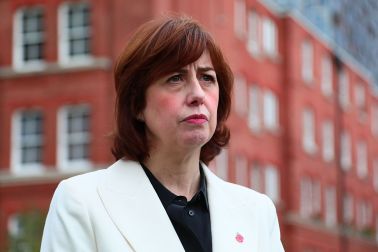It is certainly true that the Labour party has been more than a little devious over the tax rises that are to come. After an election campaign in which it insisted it had no plans – and no need – to increase taxes beyond a few measures such as extending VAT on school fees, mysterious holes started appearing in the public finances as soon as the party achieved office. So acute, apparently, is the lack of funds that Sir Keir Starmer felt the need to warn us this week that October’s Budget will be ‘painful’. It is an old trick, which David Cameron and George Osborne also tried to pull off: making out that the public finances handed over to a new government are in a much worse condition than had previously been believed.
We have a government whose awareness of how societies become richer seems sketchy at best
Yet for the opposition to keep plugging away at this point merely draws attention to the fact that the public finances were indeed in a visibly dreadful condition when Labour took office. Neither party can claim the moral high ground on this. No government of any colour – Labour, Conservative or Con-Lib Dem coalition – has succeeded in balancing the books in 22 years. By continually spending more than it earns in revenue, in good times as well as bad, the government has driven up debt and set unrealistic expectations of what the public sector is for. As time goes on, it becomes politically ever harder to bring the public finances under control. Try to do it through tax rises and taxpayers will feel aggrieved. Try to achieve it through spending cuts and a government will be accused of pursuing ‘austerity’, and for ideological reasons rather than plain financial ones.
The Prime Minister is not, therefore, wrong to warn about a tough Budget. But not because there is a lack of tax revenue. Never has more money gushed into the Exchequer. The £22 billion ‘black hole’ that Rachel Reeves claims to have found in the public finances is a rounding error compared to the sheer size of the government machine, which has grown out of all proportion to its usefulness.
Reeves has already announced some cuts, such as the annual winter fuel payment, an absurd bung that was paid even to millionaires (one in four pensioners lives in a household with assets of more than £1 million). Reeves was right to limit its availability, and the cut will save £1.5 billion a year. But the recent increases to public sector pay are a much greater cost to the taxpayer. It is astonishing that the Tories have failed to point out that the figures used in the debate over salaries did not include pensions. New doctors and nurses have a 24 per cent employer contribution rate to their pensions. For teachers, it is 29 per cent.
Starmer this week preposterously claimed that his government has ‘done more in seven weeks than the last government did in seven years’. It is not obvious that he has done anything other than write cheques to strikers. The single biggest component of Reeves’s ‘black hole’ in the public finances was the £9 billion worth of pay awards which she herself granted to teachers and NHS workers. Since she claimed to have discovered this black hole, she has approved two further large pay rises: 22 per cent to junior doctors and 15 per cent to train drivers. If this is her idea of a programme for economic growth, we all need to be worried.
The public sector pay deals were not merely excessive at a time when money is extremely tight, they were made without any requirement for unions to improve working practices. While preaching the benefits of public investment, the government has chopped one project – the Stonehenge tunnel – which is desperately needed to remove a bottleneck to the economy of the south-west. As for liberalising the planning system, this is welcome in principle, though it is unclear whether the government really has the appetite to review the excessive environmental regulations that are the real obstacle to growth. It is not enough to solely blame nimbys, as if it were only they who ever held up plans for new housing.
We have a government whose awareness of how societies grow richer seems sketchy at best. It seems fairly obvious that if the UK is to close the gap with America – whose workforce has moved into higher-growth sectors far faster than those of Europe – we will have to embrace technologies and systems which boost productivity, even if it means that some jobs will disappear. There is little sign that Starmer and Reeves are prepared to take on the unions in order to enable this.
It is still early days in the life of this government. A lot will be clearer when we have had the Budget on 30 October. But if Labour wants to promote growth, it has to confront two basic economic hindrances: too many people tied up in low-productivity, low-paid jobs, and the highest tax burden in postwar history. Even if Reeves does not yet have the solutions, she should start by reassuring the public that she is aware of the problems.







Comments